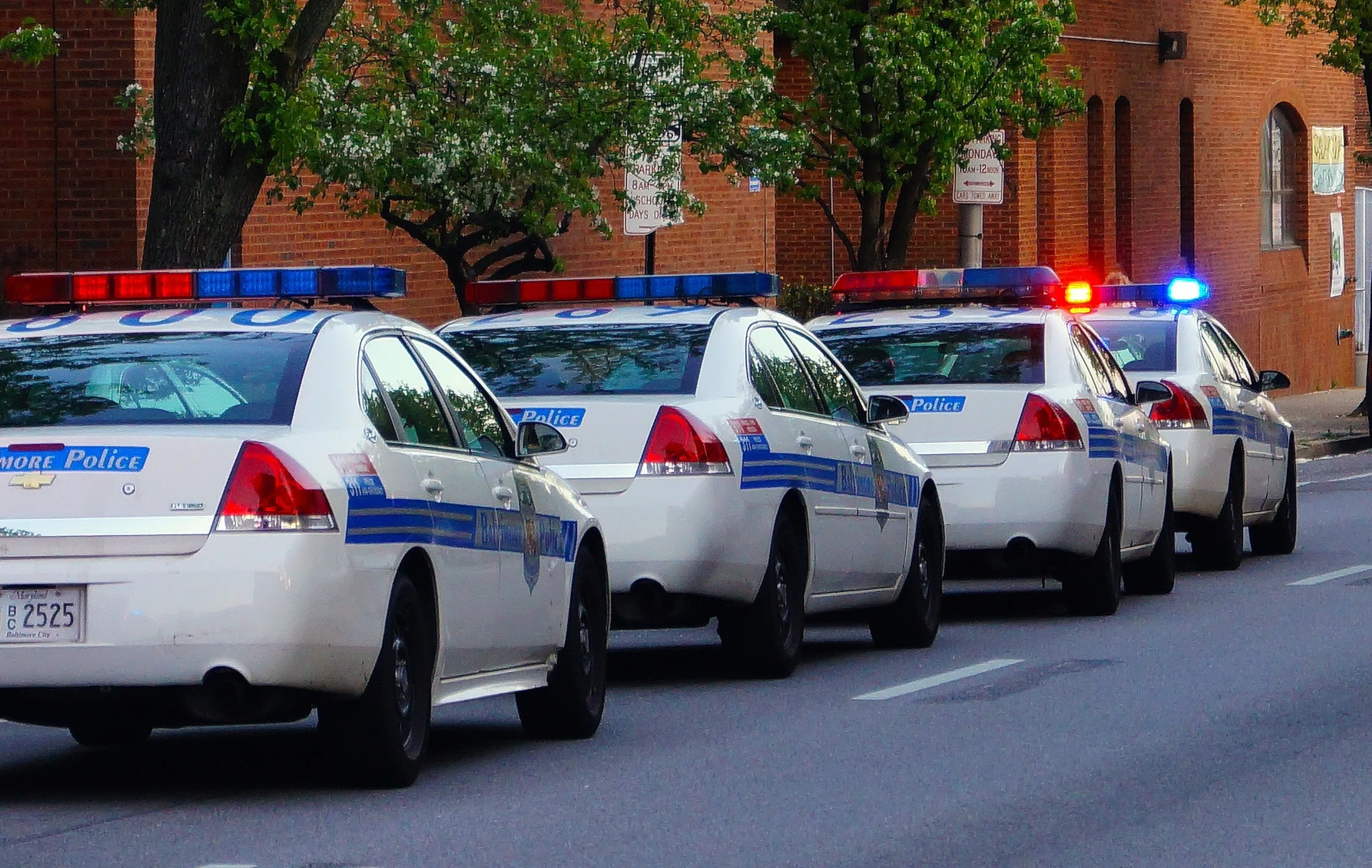Voices
Politicians Push Failed ‘Tough-on-Crime’ Measures as Crime Rates Near Record Lows
The overall crime rate is nearly as low as it’s been in decades, but that hasn’t stopped officials from pushing draconian measures likely only to fuel mass incarceration and harm public safety. It’s time for a different approach.

Around the U.S., in states ranging from Georgia to California and even deep-blue cities like Washington, D.C. and San Francisco, policymakers are responding to fears of crime with draconian proposals reminiscent of the 1990s. Among the most popular are measures to expand cash bail requirements, reduce and/or eliminate parole opportunities, increase the number of young people being tried as adults, and impose extreme penalties for certain types of offenses.
The past tells us this “tough-on-crime” approach will predictably fuel mass incarceration and increase recidivism, wasting billions of taxpayer dollars on efforts that disproportionately damage low-income communities of color and ultimately harm long term public safety. Unlike the past, however, we are watching history repeat itself at a time when crime data shows rates are actually nearly as low as they’ve been in decades.
Politicians have portrayed these measures as necessary responses to crime, but this ignores the mountains of research showing incarceration to be an ineffective deterrent that may actually increase crime in states with already overcrowded prisons. Incarceration also yields many other social and economic harms, including racial inequity, unemployment, generational poverty, and poor health outcomes, all of which contribute to a broader economic desperation and insecurity that is antithetical to public safety.
Despite this well-documented record of failure, lawmakers on both sides of the aisle are yet again rejecting robust investments in programs designed to address the root causes that often lead to people’s involvement with the criminal legal system, and instead embracing the craven, ineffectual politics of “getting tough.”
In Georgia, Governor Brian Kemp, a Republican, recently signed a bill that will significantly increase the number of charges requiring cash bail in the state, while also restricting the efforts of community bail funds that seek to combat jail overcrowding. This will lead to more people being held in already overpacked and inhumane jails while they await trial. A similar effort has already been adopted in Kentucky despite clear evidence that cash bail perpetuates racial and economic disparities and harms public safety.
In Louisiana, Republican Governor Jeff Landry signed a slew of crime bills this spring, including one that effectively eliminates parole for most people incarcerated in the state. Another new law restricts the amount of “good time credit” incarcerated individuals can accumulate to reduce their sentences. Such measures do little to encourage rehabilitation, instead furthering commitments to spend millions of dollars imprisoning people who could otherwise safely return to the community.
Landry also signed a bill reversing a 2017 reform that mandated charging 17-year-olds as juveniles. Similarly, in Vermont, implementation of a 2020 “Raise the Age” law is at a standstill as the state’s Democratic Governor, Phill Scott, delays applying the measure to 19-year-olds as previously promised.
In many of the above-mentioned states, as well as Oregon and others, lawmakers have also successfully pushed through legislation imposing harsher penalties for multiple offenses ranging from retail theft to “unlawful camping” to certain drug charges. In California, voters are meanwhile set to consider a ballot initiative in November that would roll back portions of Proposition 47, a 2014 measure that loosened penalties for some low-level crimes.
Earlier this year, the council of Washington, D.C., supposedly one of the most liberal cities in the country, approved a dramatic expansion of punitive measures with a bill adding new offenses and increasing penalties for certain existing offenses. Democratic mayors in New York City and San Francisco have also responded to crime concerns by adopting reactionary policies of criminalization while cutting budgets for critical reentry services. In
This approach did not work in the past, and it will not work now. Even today, communities across the country—disproportionately those that are Black and brown or lower-income—are still reeling from the impacts of misguided policies hinging on the false premise that we can police, arrest, and imprison our way to safety.
If the goal is to build safer, stronger, healthier communities, we cannot continue to wage war on people. The insistence on prioritizing punishment over care only contributes to an environment of desperation, which ultimately breeds the crime and disorder politicians purportedly want to eradicate.
We have a roadmap for a better path forward, grounded in community-based, health-first strategies that have been proven to effectively promote public safety, reduce recidivism, and boost economic stability. These alternatives to incarceration create lasting change by supporting people rather than criminalizing them, helping them to access the resources they need to take care of themselves, support their families, and lead productive lives in their communities. And this ultimately costs far less than an enforcement-first approach, both in terms of upfront spending and the collateral costs of blanketing neighborhoods with armed police officers.
There is still time for lawmakers to reconsider the direction they have chosen to take us in. Americans nationwide should urge their elected officials to work with community leaders and directly impacted individuals to craft commonsense, restorative strategies that work best for their communities. To achieve sustainable public safety, stability, and wellbeing, we must address the damage wrought by the flawed, overly harsh policies of the past. At the very least, we must not repeat those mistakes.
